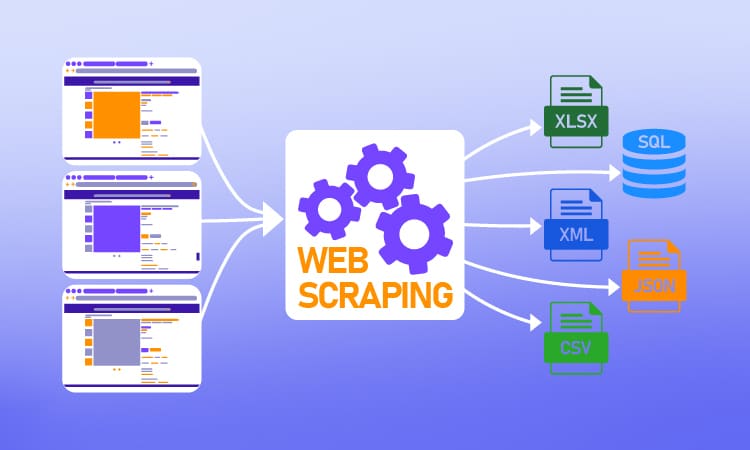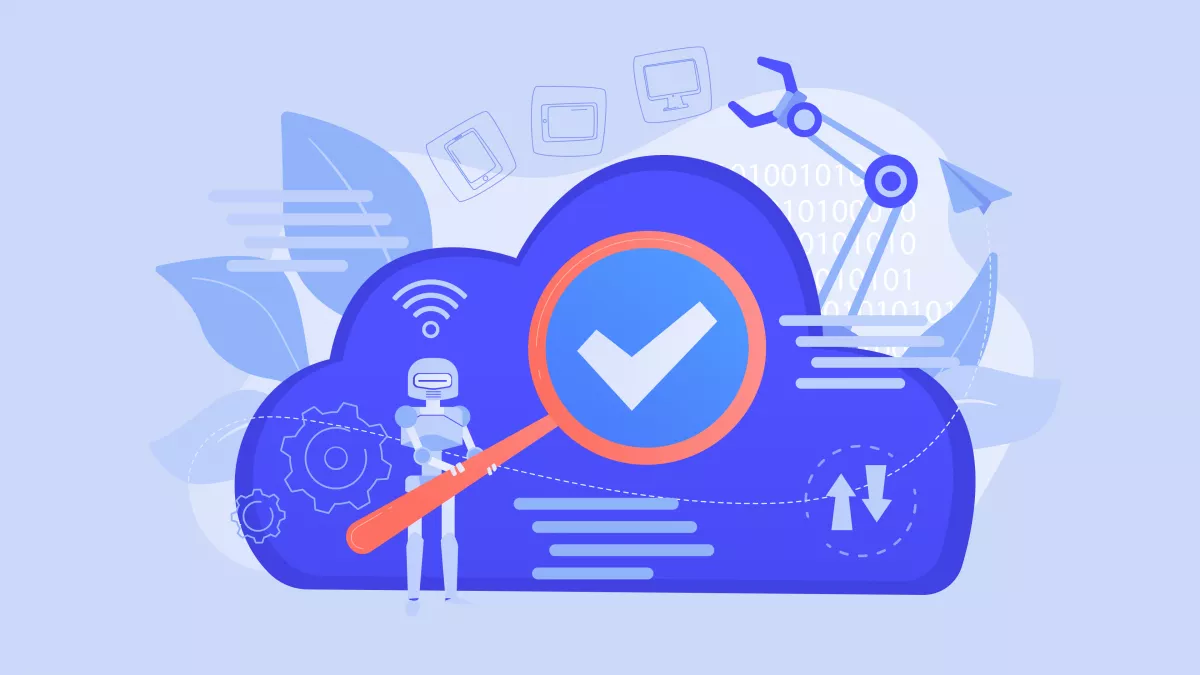Web scraping refers to the automatic process of extracting structured data from websites. This method is also known as web data extraction. Web scraping has a wide range of uses, including but not limited to cost tracking, market analysis, news tracking, lead generation, and product creation. People and businesses alike use web data extraction when they want to improve their decision-making by analyzing information that is freely available on the web.
You’ve essentially performed the same task as a web scraper by copying and pasting with your browser. Data scraping from the seemingly infinite expanse of the web does not necessitate mind-numbing physical labor but rather depends on clever technologies.
Contents
What is a Web Scraping Tool?

Software designed specifically to scrape data from the web is called a web scraping tool. A scraper is the tool of choice for scraping websites using code. In order to gather information from a website, a scraping program will send HTTP requests to the target page. It analyzes content that is freely accessible online and formatted in HTML. It may make HTTP queries to internal APIs to get details like product prices or personal details stored in a database.
It is possible to modify web scraping tools to meet specific data extraction requirements. You could need software that can “scrape” API data or one that can recognize the structure of HTML web pages. Scraping tools might be sophisticated stages and frameworks created specifically for certain scraping tasks, or they can be used with various programming libraries. You may scrape information from web pages using the Python BeautifulSoup module, and Python-Requests library. Alternatively, you might use a framework that integrates an HTTP client with a library for processing HTML.
What is Web Scraping Used For?
1. Price Intelligence
We find that tracking prices are the most effective application of web scraping. E-commerce businesses of the modern day that want to make data-driven decisions on prices and advertising are advised to mine e-commerce websites for product and pricing data, which can then be processed to provide actionable insights.
2. News & Content Monitoring
Today’s media might either provide information that is of incredible worth or endanger your company’s existence in the course of a solitary news cycle. If your business often makes headlines or depends on timely news analysis, web scraping may help you keep tabs on the most relevant stories in your industry.
3. MAP Monitoring
It is standard practice for businesses to do MAP monitoring on a routine basis to verify that their digital costs are in accordance with their marketing plan. Given the prevalence of wholesalers and marketers, it is difficult to maintain accurate price records manually. Web scraping is useful in this regard since it enables you to keep tabs on your products’ prices with no effort on your part.
4. Business Automation
The time it takes to get to your information might increase under certain circumstances, such as when website data that either you or your collaborator owns may need further formatting before it can be extracted successfully. In such cases, utilizing a company scraping API can provide a convenient solution, saving you the hassle of manually figuring out the intricacies of data extraction from various sources. Since there is no easy method to do it indoors, a scraper would indeed be your safest bet. If you’d rather avoid the hassle of figuring out how everything works on the inside.


